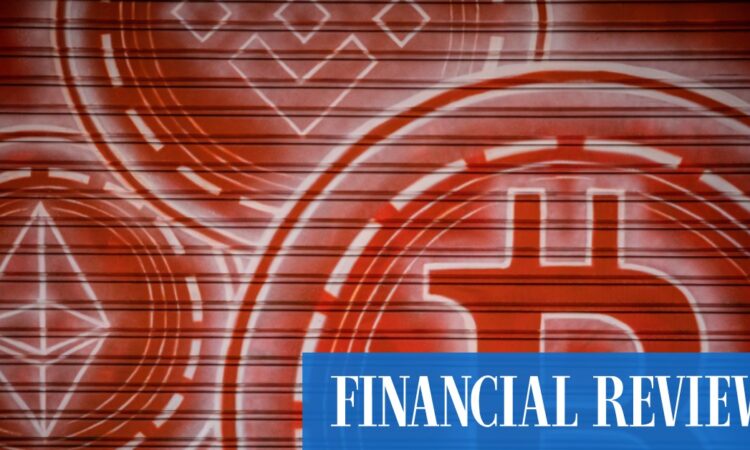
On Tuesday morning, Binance was selling one bitcoin for about $36,000, while local players BTC Markets, Independent Reserve and Bitpay were selling one bitcoin for about $42,000. The spread has been as wide as $14,000 last Friday, and as much as $9000 on Monday evening.
ASIC moves
Binance has faced an increasingly difficult operating environment in Australia this year.
Last month, Binance Australia’s derivatives licence was cancelled by the Australian regulator which had been investigating operations at the Dubai-based exchange.
Binance asked the Australian Securities and Investments Commission to cancel the licence, which the regulator’s chairman, Joe Longo, suggested may have been because ASIC had “further engagement planned”.
Binance is also facing legal action brought by the US Commodity Futures Trading Commission, which sued the exchange earlier this year, along with its chief executive Changpeng Zhao.
The regulator alleges Mr Zhao and another executive were operating an illegal exchange and a sham compliance program. The lawsuit also alleges Binance “willfully evaded” US law as it solicited American customers for its derivatives business.
Brisbane-based crypto broker Swyftx has long used Binance to facilitate the bulk of its liquidity for its 600,000 customers. But a spokesman said the inability of Binance to facilitate Australian dollar withdrawals would not affect operations at Swyftx.
He said customers deposited Australian dollars with the broker, which then converted them into US dollars before swapping them for bitcoin using Binance’s international services, not the local one.
“We were offering an [Australian dollar] onramp before Binance Australia came to the market and that’ll continue,” the spokesman said.
Local crypto exchange Independent Reserve sources its liquidity from its own platform, connecting traders with each other rather than buying assets through a third party.
Binance is fighting regulatory fires around the world. It was forced to discontinue operations in Canada earlier this month after the country issued a series of new guidelines for cryptocurrency exchanges including investor limits and mandatory registrations.
While Binance is the most high-profile exchange, the entire industry has been in the sights of regulators around the world, especially since the collapse of its rival, FTX, in November, which triggered a rout in digital coins.
More than $1 trillion was wiped from the industry’s market value last year, and legislators and securities regulators are demanding tighter guidelines for disclosures on how the crypto companies operate and hold customer funds.






